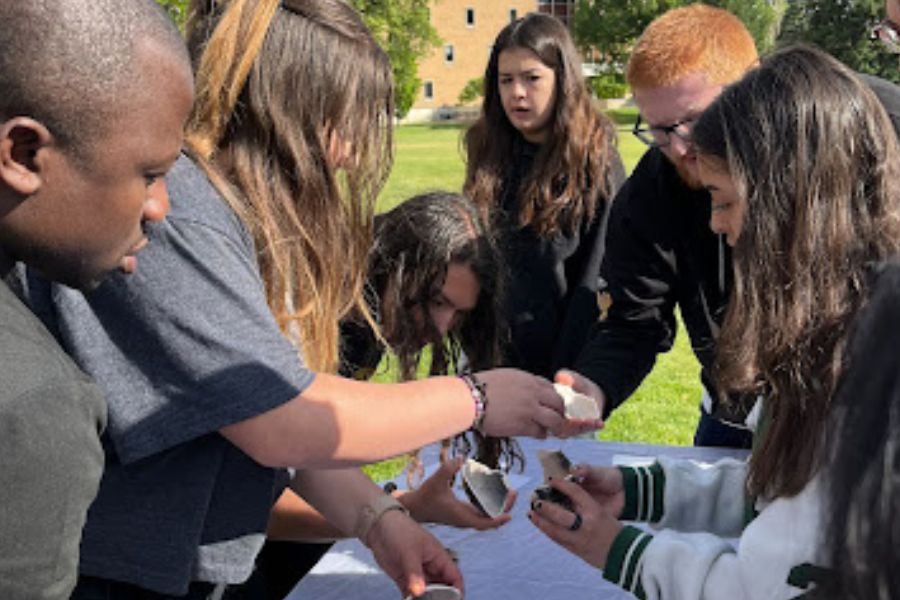The Anthropology major provides training in the four subdisciplines of anthropology: archaeology, biological anthropology, anthropological linguistics, and sociocultural anthropology. The department also offers minors in Anthropology, American Indian Studies, Latino Studies, and Linguistics, and specialization in archaeological science, ecological anthropology, medical anthropology, applied anthropology, forensics, language preservation, and oral history.
If you are interested in applying to our undergraduate program please visit How to Apply. A description of our undergraduate program can be found here. The requirements for the Bachelor of Arts in Anthropology degree can be found here.
Undergraduate students are encouraged to register for the major. New majors will then meet with a departmental advisor to plan their program of study.
Undergraduate Learning Objectives And Outcomes
Program Objectives – Students who have completed an undergraduate major in Anthropology at Idaho State University should be able to:
- Understand basic methods, concepts, alternative theories and approaches, and modes of explanation appropriate to each of the subfields of the discipline.
- Read and understand anthropological theory at the level of Bachelor of Arts.
- Understand the use of quantitative and qualitative analysis in anthropological research.
- Understand a comparative approach to the human condition, both cross-culturally and chronologically.
- Demonstrate technical writing skills at the level of Bachelor of Arts.
Learning Outcomes – Students in the Senior Seminar will demonstrate the following competencies based on the above objectives:
- Apply knowledge of anthropological methods, approaches, and modes of explanation to contemporary social issues.
- Use theory to formulate a testable explanation for a given cultural behavior.
- Select and perform quantitative and qualitative analytical techniques at a basic level.
- Carry out a research project using cross-cultural or diachronic (or combination of the two) comparative methods.
- Write a competent senior research project.


